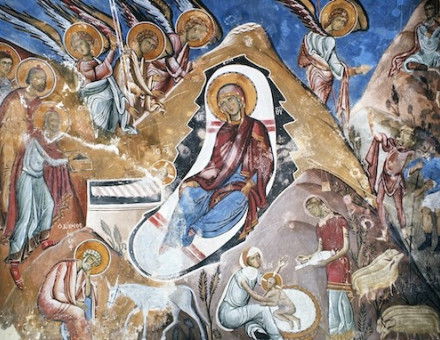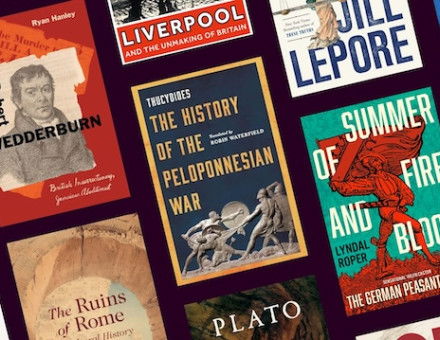Dante and Politics
If the world were ruled by a single Christian monarch, peace and justice would prevail: such was Dante’s vision in the early fourteenth century, writes Robert F. Murphy.
Dante’s great work is concerned with matters not of this world; his subject is the after-life, his pilgrimage takes him into realms that cannot be charted on physical maps, and his interests are in things eternal and not temporal. Yet for all this, he is very much of his century. His thought and his outlook were determined by the events and the theories of his day, and his own temperament made him more than a merely passive receiver of impressions.
He played his part in the politics of Florence; he had a critic’s interest in the literature and philosophy of his time, and in all affairs of his generation he was an acute observer, with eyes ‘ever eager to see new things’, as he says of himself. Mystic he may or may not have been; he was certainly no hermit. Every aspect of contemporary politics, literature, and science aroused his interest, and not infrequently his partisanship.
So that while the modern reader may justifiably seek in Dante’s pages for eternal truth and aesthetic beauties divorced from contingencies of time or place, yet to appreciate his message, and even fully to understand his poetry, some knowledge of his century is essential.





